Mobile World Congress, or MWC, was going to proceed because there were still 2,800 exhibitors. Now it’s being canceled.
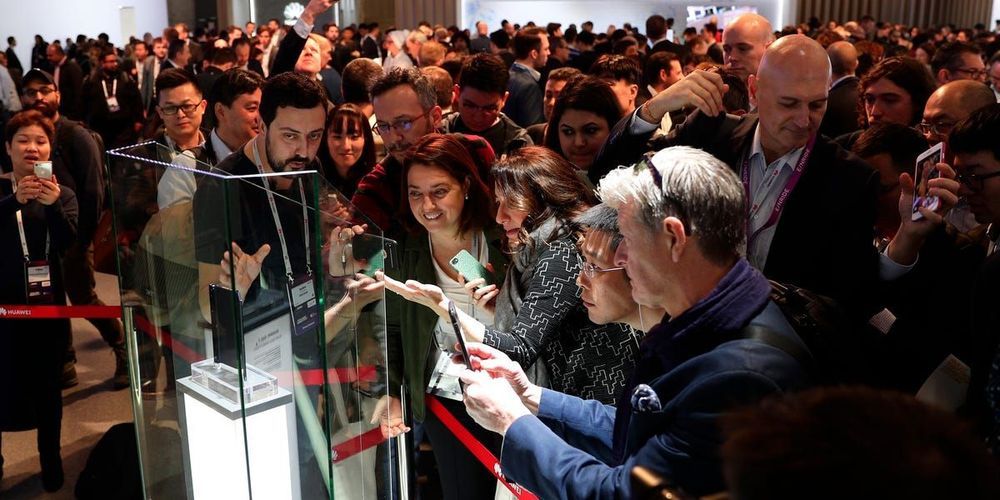

[Frame — 00:55] Liz Parrish – Introduction.
[Frame — 06:10] Gene therapy & deliver mechanisms — AAV2.
[Frame — 13:55] Gene therapy — myostatin inhibitor.
[Frame — 18:50] Telomerase
Disclaimer: This communication is for information purposes only not an investment recommendation.

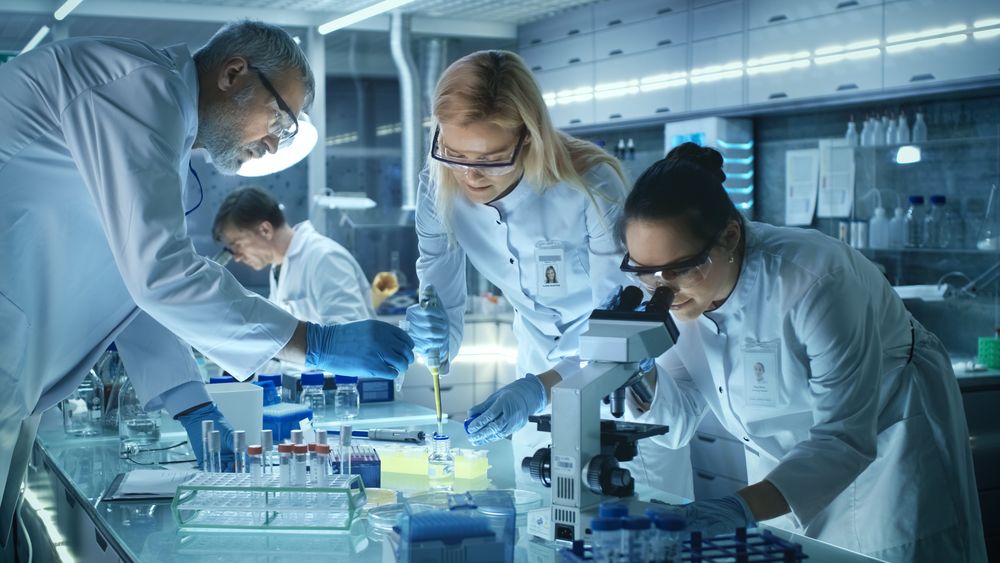
Acarbose and Metformin are commonly used to treat type 2 diabetes, but now they are also being tested for anti-aging effects, and according to the researchers these two FDA approved drugs have big promise.
In mice testing Acarbose and Metformin were demonstrated to increase health, lifespan, and longevity of the animals. These two drugs are now being tested in monkeys that have a similar physiology, reproductive system, and aging pattern as humans, in research being conducted at Texas Biomedical Research Institute which is supported by a pilot grant provided by the San Antonio Claude D. Pepper Older Americans Independence Center.
“I think this type of research can change what life is like for geriatric people,” said Corinna Ross, Ph.D, Associate Professor, Southwest National Primate Research Center at Texas BioMed.
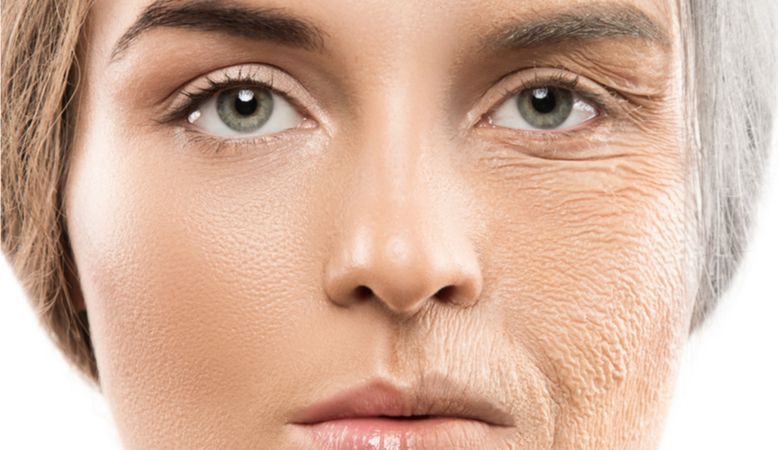
Lifespan.io
A new study published in mSystems, a journal from the American Society for Microbiology, shows that the skin and mouth microbiomes are better predictors of age than the gut microbiome.
A very broad study
The authors used a very large population that is highly impressive among studies of this kind. Previously, a team containing some of the same researchers had done a gut microbiome study of over four thousand people from multiple countries [1]. This time, the researchers took skin, saliva, and fecal samples from roughly 2,000, 2,500, and 4,500 people, respectively; this study was done with nearly 9,000 people in total, and the team stated that it was the most comprehensive microbiome study done to date. The team used a “random forest” machine learning approach to determine what microbiota were and were not predictive of age [2].
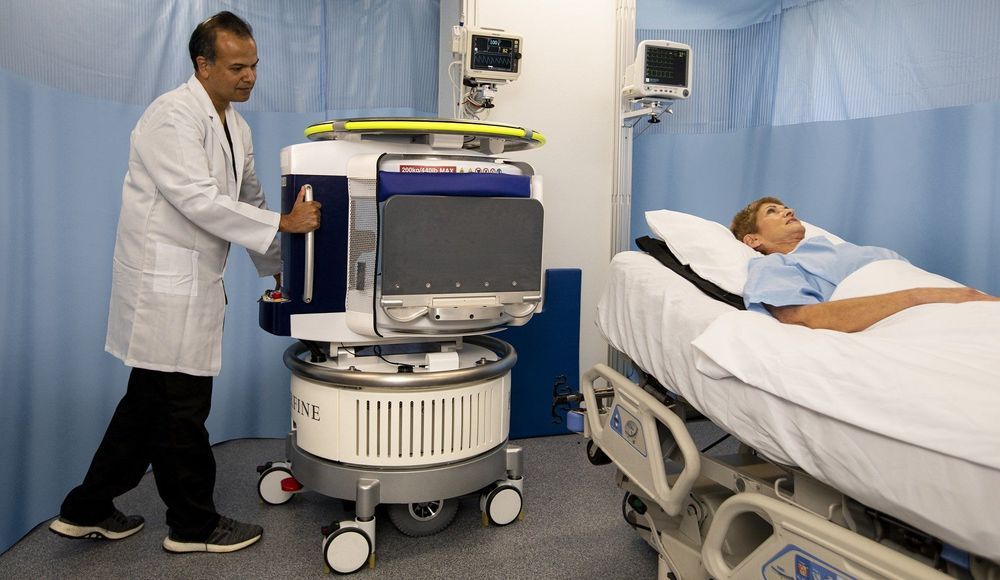
The FDA has cleared the world’s first portable MRI system, designed to be wheeled to a hospital bedside for scanning a patient’s head and brain.
Developed by Hyperfine Research for people age two and older, the point-of-care imaging system weighs about one-tenth that of a conventional, fixed MRI system. About three feet wide and five feet tall, the device fits in an elevator and runs off an everyday power outlet to create both clinical contrast images and 3D renders.
“More than 40 years after its first use, MRI remains a marvel. Unfortunately, it also remains inaccessible,” Hyperfine Chief Medical Officer Khan Siddiqui said in a statement. “It’s time that MRI made the jump to point of need just like X-ray and ultrasound have before it.”

The generation of a chemical system capable of replication and evolution is a key objective of synthetic biology. This could be achieved by in vitro reconstitution of a minimal self-sustaining central dogma consisting of DNA replication, transcription and translation. Here, we present an in vitro translation system, which enables self-encoded replication and expression of large DNA genomes under well-defined, cell-free conditions. In particular, we demonstrate self-replication of a multipartite genome of more than 116 kb encompassing the full set of Escherichia coli translation factors, all three ribosomal RNAs, an energy regeneration system, as well as RNA and DNA polymerases. Parallel to DNA replication, our system enables synthesis of at least 30 encoded translation factors, half of which are expressed in amounts equal to or greater than their respective input levels. Our optimized cell-free expression platform could provide a chassis for the generation of a partially self-replicating in vitro translation system.
Wall Street’s Biotech Investment Wizard — On this most recent ideaXme (http://radioideaxme.com/) episode, I was honored to be joined by my friend, and biotech / pharma / healthcare investment banker extraordinaire, Frederick Frank, to talk about his 50-year career history behind the industry’s mega-deals — #Ideaxme #Biopharma #Biotech #WallStreet #Mergers #Acquisitions #VentureCapital #Genentech #Roche #BristolMyersSquibb #PrivateEquity #Health #Wellness #Longevity #Regeneration #LifeExtension #Aging #IraPastor #Bioquark #Regenerage
Ira Pastor, ideaXme exponential health ambassador, interviews Fred Frank, Founder and Chair of Evolution Life Science Partners, an investment bank focused on the needs of life sciences and healthcare companies.
Ira Pastor Comments:
On several recent shows we’ve been discussing some of the novel, alternative funding pools that have been emerging in and around the biotech space, specifically related to some of the unmet medical needs of which we have been focusing on, on the ideaXme show, particularly related to the age-tech and longevity biotech fronts.
We have had guests join us from both the $125 Million Healthy Ageing Challenge program of UKRI (UK Research and Innovation)and the US$30 Million Healthy Longevity Global Grand Challenge of the U.S. National Academy of Medicine. We’ve have also talked to folks at the XPrize Foundation, specifically related to their upcoming inducement prize contest for therapeutics for the diseases of aging.
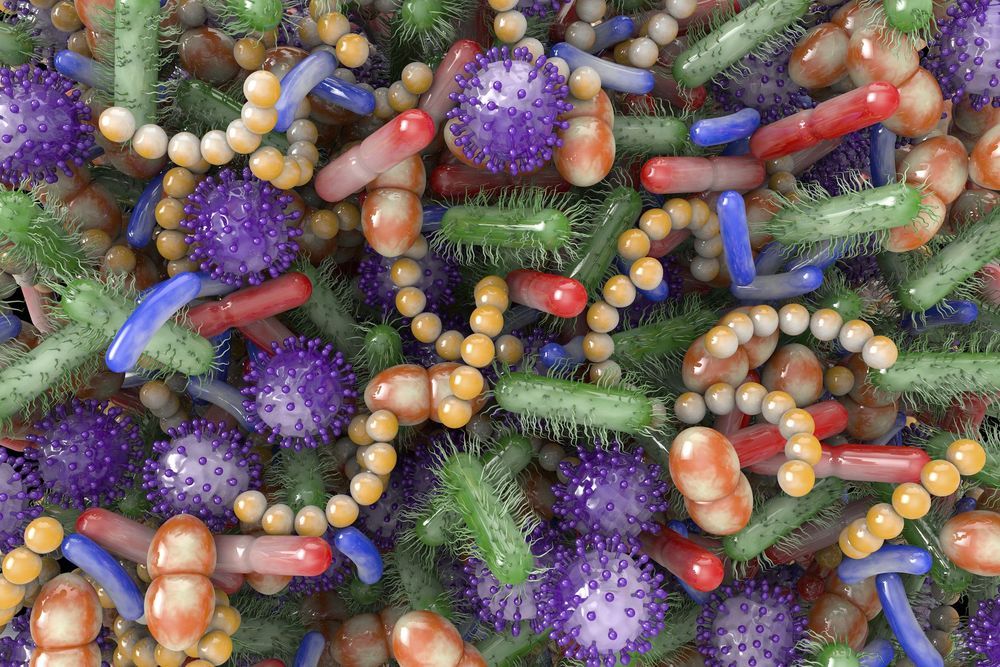
This is the first-ever 3D-printed human heart model using human cells #ValentinesDay